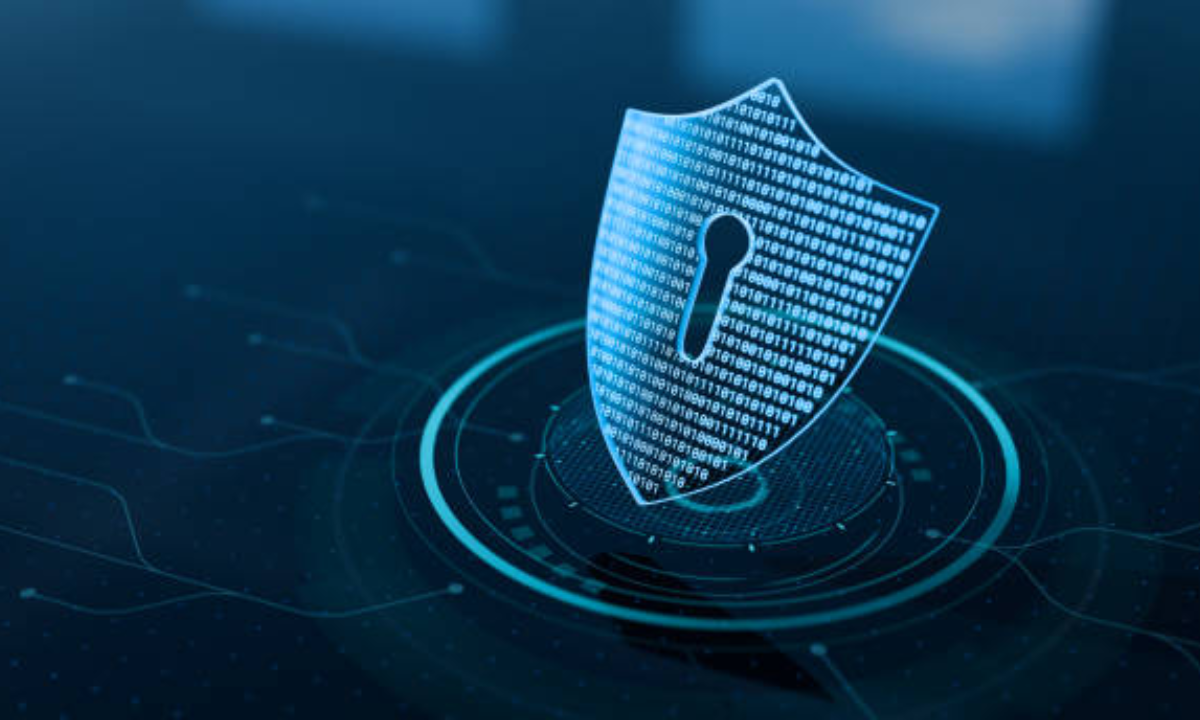Table of contents
|
1. What is Cyber Security? |
|
2. Network Security |
|
3. Information Security |
|
4. Cloud Security |
|
5. Application Security |
|
6. Endpoint Security |
|
7. Why Cyber Security Matters in 2025 |
|
8. Career Opportunities in Cyber Security |
|
9. Emerging Trends in Cyber Security |
|
10. Conclusion |
In an era defined by rapid digital transformation, understanding the types of cyber security is essential for safeguarding sensitive data and ensuring operational continuity. As cyber threats grow more sophisticated, businesses and individuals must adopt robust security measures to protect their digital assets. What is cyber security? It refers to the technologies, processes, and practices designed to defend systems, networks, and data from unauthorized access, attacks, and breaches. This article explores five critical types of cyber security—network security, information security, cloud security, and others—highlighting their significance in 2025 and the value of pursuing a Cyber Security Course in Pune.
We examine these types of cyber security, their specific roles, and why they are indispensable in today’s interconnected world. Whether you’re an IT professional, a business leader, or an aspiring security expert, this guide underscores the pivotal role of cyber security in securing the digital landscape.
What is Cyber Security?
What is cyber security? It is the discipline of protecting digital infrastructure, including hardware, software, networks, and data, from cyber threats such as hacking, malware, and phishing. The various types of cyber security target specific vulnerabilities to provide comprehensive protection. In 2025, with over 5 billion internet users and cyber-attacks increasing in frequency, expertise in cyber security is crucial for mitigating risks and ensuring data integrity.
Each type of cyber security addresses distinct challenges, from securing networks to protecting cloud-based assets. Structured training, such as a Cyber Security Course in Pune, equips learners with the skills to implement effective security measures using industry-standard tools and methodologies.
1. Network Security
Among the types of cyber security, network security is vital for protecting the integrity and functionality of networks and their data. It encompasses tools like firewalls, intrusion detection systems, and virtual private networks (VPNs) to prevent unauthorized access, Distributed Denial-of-Service (DDoS) attacks, and data interception. In 2025, as organizations rely on interconnected networks for operations, network security ensures seamless and secure communication.
Common pitfalls, such as outdated firewall configurations, can expose networks to threats. Training in network security through a Cyber Security Course in Pune provides practical knowledge to secure enterprise networks, enabling professionals to counter evolving cyber threats effectively.
2. Information Security
Information security focuses on safeguarding the confidentiality, integrity, and availability of data, whether in transit or at rest. It employs encryption, access controls, and data loss prevention strategies to protect sensitive information, such as customer records or proprietary data. As data breaches continue to escalate, costing billions annually, information security remains a cornerstone of cyber security.
Weak encryption or inadequate access policies can compromise data. A Cyber Security Course in Pune offers training on information security best practices, ensuring compliance with regulations like GDPR and CCPA while protecting critical data assets.
3. Cloud Security
Cloud security is a pivotal type of cyber security that protects data, applications, and infrastructure hosted on cloud platforms like AWS, Azure, and Google Cloud. With cloud adoption surging in 2025, cloud security addresses risks such as misconfigurations, unauthorized access, and data leaks. It ensures secure cloud operations in an era of widespread digital transformation.
A common error is misunderstanding shared responsibility models, where users assume cloud providers handle all security. A Cyber Security Course in Pune clarifies cloud security principles, teaching learners to implement identity and access management (IAM) and encryption for robust cloud protection.
4. Application Security
Application security aims to protect software applications from vulnerabilities exploited during development or runtime. It involves secure coding practices, regular patching, and tools like web application firewalls to prevent attacks such as SQL injection or cross-site scripting (XSS). As applications power industries like e-commerce and healthcare, this type of cyber security is critical in 2025.
Neglecting secure coding standards can leave applications vulnerable. Training in application security, offered through a Cyber Security Course in Pune, equips professionals to develop and maintain secure software using frameworks like OWASP, reducing the risk of exploits.
5. Endpoint Security
Endpoint security protects devices such as laptops, smartphones, and IoT devices that connect to networks. It leverages antivirus software, endpoint detection and response (EDR), and encryption to combat malware, ransomware, and unauthorized access. With remote work and Bring Your Own Device (BYOD) policies on the rise, endpoint security is a vital type of cyber security in 2025.
Failing to update endpoint protections can create entry points for attackers. A Cyber Security Course in Pune provides expertise in securing diverse devices, ensuring comprehensive protection in enterprise environments.
Why Cyber Security Matters in 2025
The types of cyber security are increasingly critical, with cyber-attacks projected to cost $10.5 trillion annually by 2025. Network security, information security, cloud security, application security, and endpoint security collectively form a robust defense against threats. Understanding what is cyber security enables organizations to maintain trust, ensure compliance, and sustain operations in a threat-laden landscape.
Career Opportunities in Cyber Security
The cyber security industry is poised for significant growth, with the market expected to reach $500 billion by 2030. Professionals skilled in types of cyber security are in high demand for roles like security analyst, cloud security engineer, and penetration tester. Pune’s vibrant IT ecosystem makes it an ideal location for pursuing a Cyber Security Course in Pune, offering access to cutting-edge training and career opportunities.
Emerging Trends in Cyber Security
In 2025, cyber security evolves with AI-driven threat detection, zero-trust architectures, and quantum-resistant encryption. These advancements enhance network security, information security, and cloud security, keeping professionals at the forefront of threat mitigation.
Conclusion
The types of cyber security—network security, information security, cloud security, application security, and endpoint security—are essential for protecting digital assets in 2025. By understanding what is cyber security and its applications, professionals can address complex threats. A Cyber Security Course in Pune from Apponix Academy provides the expertise to excel in this critical field, preparing you for certifications like CEH and CompTIA Security+. Start your cyber security journey today to secure the digital future.





